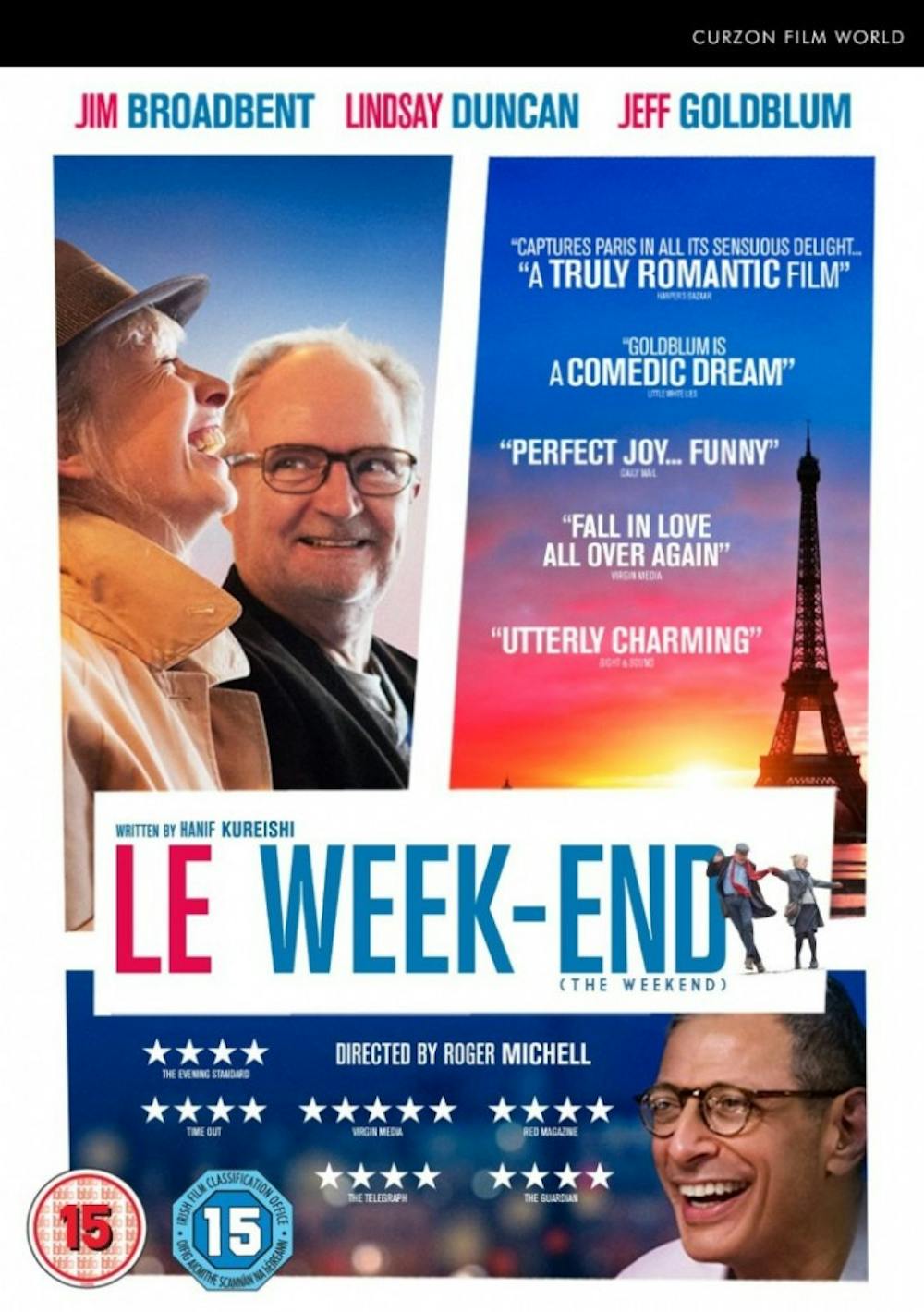“There’s more to love than loving or being loved.” So says Nick (Jim Broadbent) to his wife Meg (Lindsay Duncan) as they stand over the Paris grave of Samuel Beckett, contemplating love and its meaning after decades together.
This examination is the premise of director Roger Michell’s “Le Week-End,” in which we see that love, at least for Nick and Meg, also entails frustration, contentment, compromise and regret, among myriad other things, both good and bad.
The couple quibbles without ceasing during their three days in the City of Love. But as the picture progresses, sparks of the delight they once brought one another begin to resurface.
Despite the stakes of what’s going on, few of their actions ever grow passionate — a testament to how very English the film is. Early on, when the two check in to a Paris hotel, Meg derides the room as exceedingly beige, a descriptor that applies to “Le Week-End” both in terms of cinematography and theme.
But beige is not as condemning for a film as it is for a hotel room. In fact, for “Le Week-End,” it offers a nice constraint. When dealing with a subject as mercurial and overstated as falling in and out of love, a little beigeness in the middle of ardent Paris does not go amiss.




